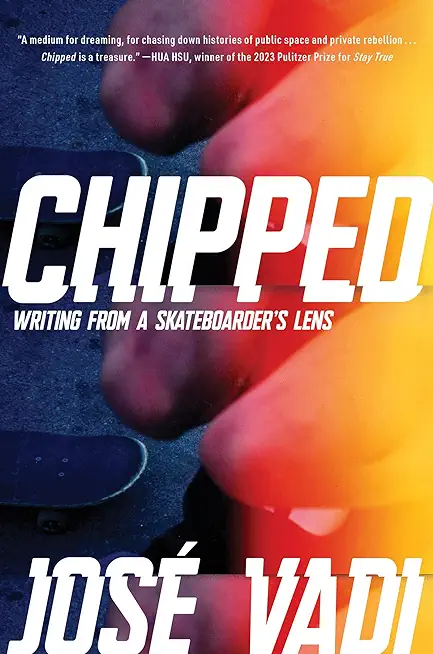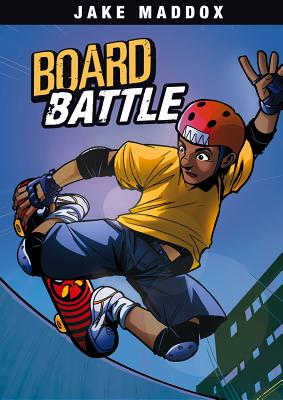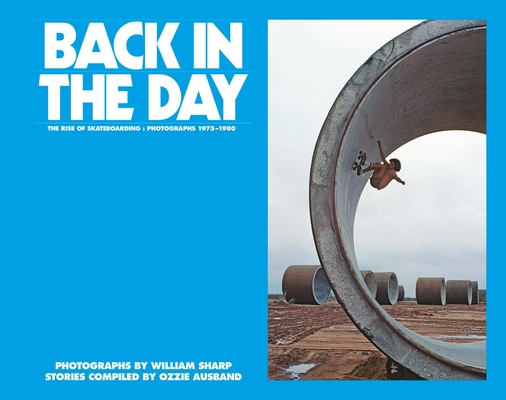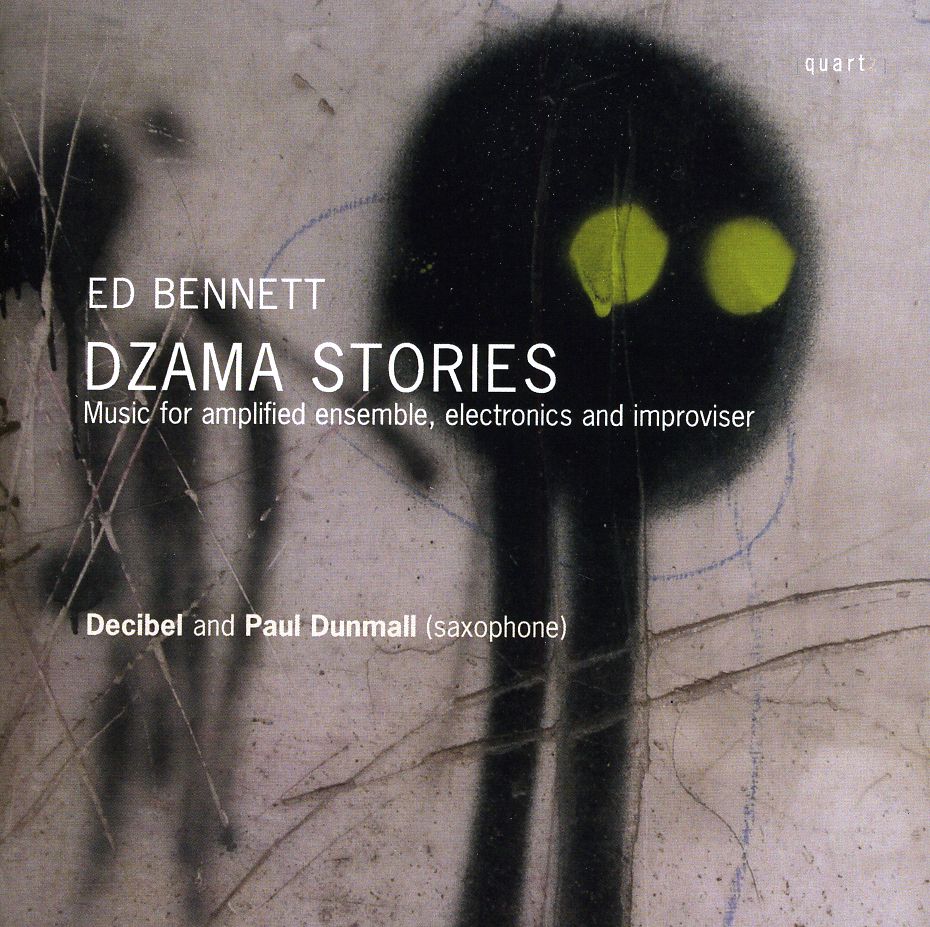
description
eboarding re-defines space, curates culture, confronts mortality, and affords new perspectives on and off the board Chipping a board--where small pieces of deck and tape break off around the nose and tail--is a natural part of skateboarding. Novice or pro, you'll see folks riding chipped boards as symbols of their stubborn dedication toward a deck, a toy, and aging bodies that will also reach their inevitable end. In Chipped, José Vadi personalizes and expands upon this symbol. Written after finishing his debut collection Inter State: Essays From California, Vadi used these essays to explore his own empathy in aging, and to elaborate on the impact skateboarding has had on culture, power, and art. From tracing a critical mass skater takeover of San Francisco's streets, to an analysis of visceral '90s skate videos and soundtracks, to the solace found skating a parking lot during a global pandemic, Vadi expands our understanding of the ways skateboarding can alter one's life. Vadi acts as a "ethnographer on a skateboard," writing, living, and animating an object, likening the board and skate ephemera to the fear of being discarded, wanting to be seen as useful, functional, living. These essays analyze the legacy of seminal texts like Thrasher Magazine, influential programming giants like MTV, and skateboard artists like Ed Templeton. They imagine jazz composer Sun Ra as a skateboarder to explore sonic connections between skateboarding and jazz, obsessively follow bands, chronicle tours, and discover the creative bermuda triangle Southern California suburbs have to offer. Chipped is an intimate, genre-pushing meditation on skateboarding and the reasons we continue to get up after every fall life throws our way.
member goods
No member items were found under this heading.
listens & views

PROPOSITION - O.S.T. (AUS) (UK)
by CAVE,NICK / ELLIS,WARREN (AUS) (UK)
COMPACT DISCout of stock
$10.99
Return Policy
All sales are final
Shipping
No special shipping considerations available.
Shipping fees determined at checkout.






